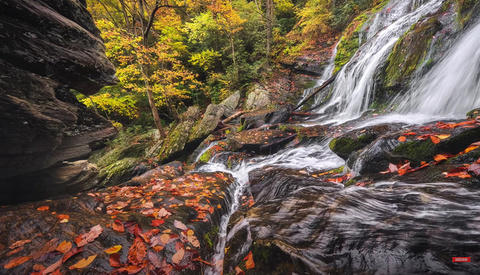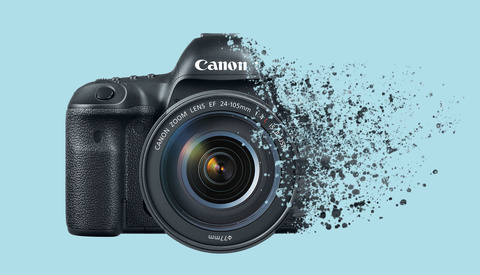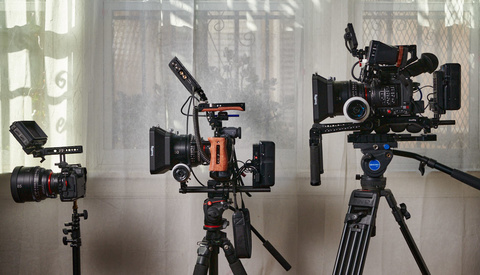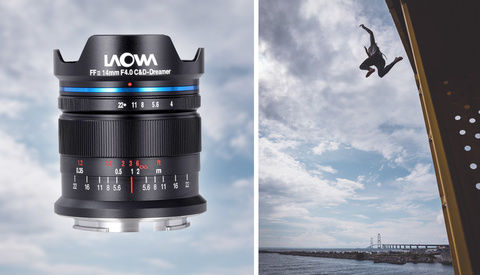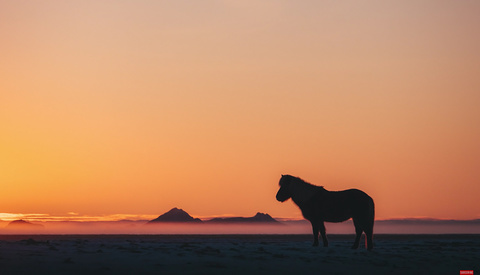How to Use Foreground to Create Better Photos
A photograph is a two-dimensional representation of a three-dimensional thing, and as such, part of your job as a photographer is to render the frame in a way that brings depth back to the scene. This requires considering how you layer different parts of the frame, and this excellent video tutorial will show you how to work with one of those parts, the foreground.





















